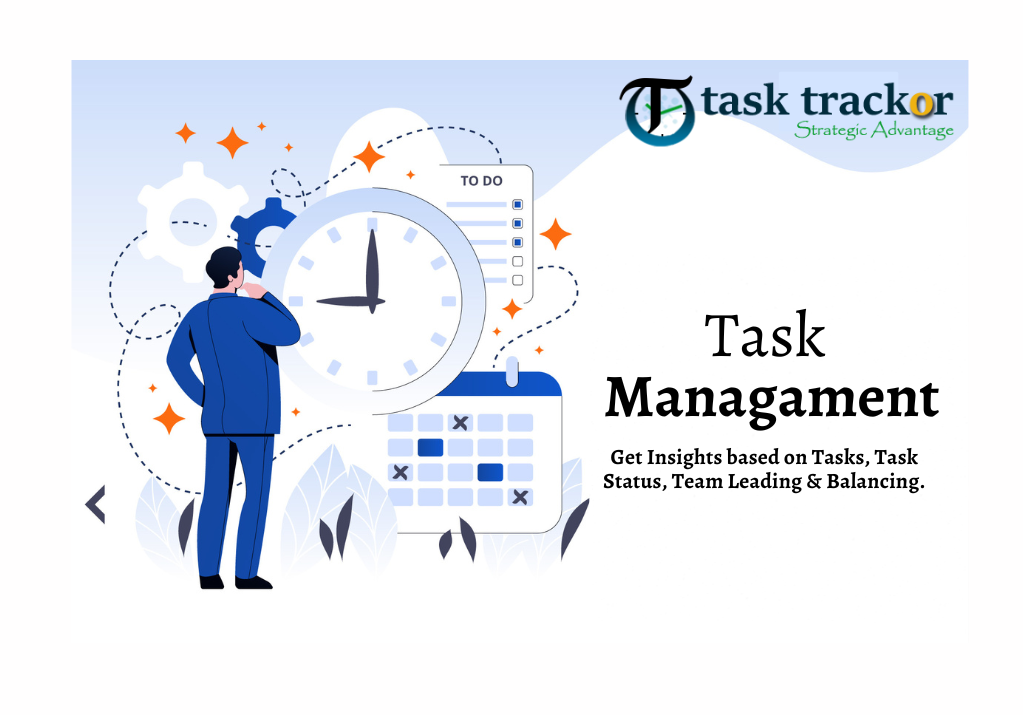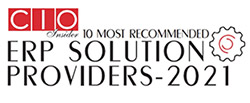
Every employee of the organization has a Role to play and against that Role are marked specific Responsibilities to be completed. Every organization has different ways of defining them – be it the KRA / KPI way or the OKR way.
When we further deep dive into the above statement, we realize that the responsibilities are said to be accomplished when certain tasks associated with them are completed. To understand and to bring more clarity to this further, we can look at the following examples:
- The account executive is supposed to do BRS (bank reconciliation) either daily or weekly depending on how active the account is.
- The stores in charge might be required to send daily or monthly stock statements of their stores for critical items to their manager.
- If the objective is to increase sales by 20% which requires the dealer network to increase by 40%, the progress is to be marked.
- The Project supervisor has to update the daily progress of the activity/work which is supervising like %age of excavation done, tile work done, etc.
- The Product manager has to update the status of his New Product Development
- The Production supervisor has to update the status of the consignment that is due for dispatch, and the list goes on.
Considering the said importance, we find that there are a plethora of solutions which are focused on task management. Nearly all of them have extended their task management solutions to project management as well and in the process making task management complex.

Essential Elements of an Enterprise Level Task Management Solution
- People in the Roles change, Roles seldom change – This means that the tasks which are not person dependent but are Role dependent should be mapped to roles.
- Team Members / Employees go on Leave but Organization does not – This implies enabling managers to re-assign unfinished tasks falling during the leave period, before any member’s leave is approved.
- Auditing the completed tasks for the correctness of completion.
- Ease of defining tasks required to complete a project – A template functionality wherein the user can pick and choose the tasks for a project rather than defining the entire project from scratch.
- A complete overview of the Organization’s progress should be visible from the Task Dashboard.
Conclusion
Keeping in view the above discussion, we feel it is justified to say that tasks can provide interesting Insights on:
- The progress of the company or the project,
- The efficiency of the teams, and
- The talent in the complete hierarchy chain
- Work-Life Balance of the team member
The Question to ponder – Is your organization sensitized toward these insights and takeaways of the Task Management?
If you are looking for more insights or a solution for task management, please visit here or Request a demo





bookmarked!!, I like your web site!
Feel free to surf to my web blog :: eTextbookShelf